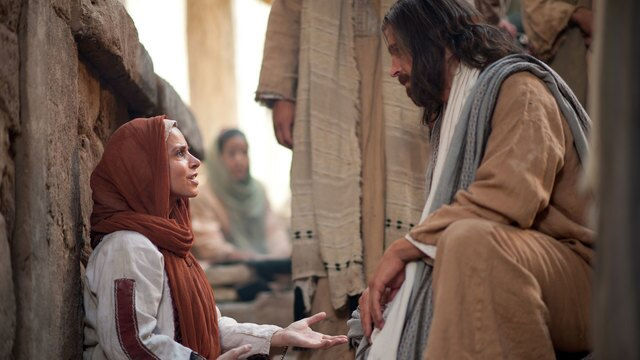Tenderness and Compassion (Part 2)
- Tent of Oliver Foundation

- Dec 15, 2024
- 2 min read

While he was still speaking, there came from the ruler’s house some who said, ‘Your daughter is dead. Why trouble the teacher any further?’ But overhearing what they said, Yeshua said to the ruler of the synagogue, ‘Do not fear, only believe.’ And he allowed no one to follow him except Peter and James and John the brother of James. They came to the house of the ruler of the synagogue, and Yeshua saw a commotion, people weeping and wailing loudly. And when he had entered, he said to them, ‘Why are you making a commotion and weeping? The child is not dead but sleeping.’ And they laughed at him. But he put them all outside and took the child’s father and mother and those who were with him and went in where the child was. Taking her by the hand he said to her, ‘Talitha cumi,’ which means, ‘Little girl, I say to you, arise.’ And immediately the girl got up and began walking (for she was twelve years of age), and they were immediately overcome with amazement. And he strictly charged them that no one should know this, and told them to give her something to eat.” (Mark 5:35-43)
Mark 5:35-36 says: “While he was still speaking, there came from the ruler’s house some who said, ‘Your daughter is dead. Why trouble the teacher any further?’ But overhearing what they said, Yeshua said to the ruler of the synagogue, ‘Do not fear, only believe.’”
Then the message came: “Your daughter is dead”. Yeshua’s response was: “Do not fear, only believe.” The voice of the uttermost desolation was immediately followed by the voice of the uttermost consolation.
What are the permanent values of these stories?
Crowds thronged Yeshua but agony and need touched him. He distinguished between the throng and the agonized touch of a needy soul. Through these encounters, we see Yeshua’s extreme sensitiveness. In his sensitiveness was responsiveness, which was quick, immediate, full, generous, and magnificent!

Yeshua responded to the woman saying: “Daughter, your faith has made you well; go in peace, and be healed of your disease.”
Yeshua then turned his attention back to Jairus and responded in an unexpected way: “The child is not dead but sleeping.” His delay in helping Jairus served a purpose: To reveal that not even death was an impediment to this true servant of God. When he arrived at Jairus’ house, he said: “Little girl, I say to you, arise.”

In the two preceding stories, we see Yeshua’s heart and are sure of his sympathy, his tenderness, his compassion.
Yeshua only ever revealed the heart of God.
Oh, how may we replicate Yeshua in showing that same level of sympathy, tenderness and compassion to those around us as we navigate through the “throng of the crowd” in our lives.


Comments